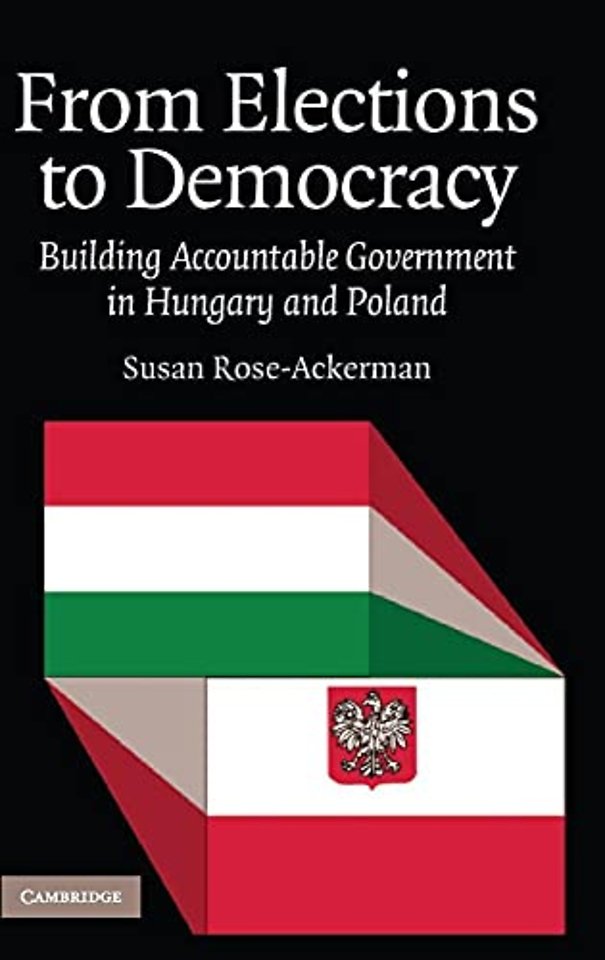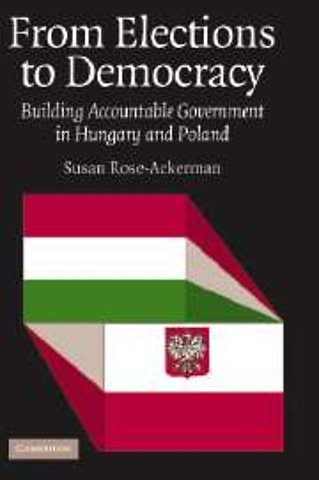From Elections to Democracy
Building Accountable Government in Hungary and Poland
Samenvatting
The countries of Central Europe in the first round for admission to the European Union have all established constitutional, electoral democracies and market economies. However, much remains to be done to achieve fully consolidated democratic states. This study documents the weaknesses of public oversight and participation in policymaking in Hungary and Poland, two of the most advanced countries in the region. It discusses five alternative routes to accountability including European Union oversight, constitutional institutions such as presidents and courts, devolution to lower-level governments, the use of neo-corporatist bodies, and open-ended participation rights. It urges more emphasis on the fifth option, public participation. Case studies of the environmental movement in Hungary and of student groups in Poland illustrate these general points. The book reviews the United States' experience of open-ended public participation and draws some lessons for the transition countries from the strengths and weaknesses of the American system.
Specificaties
Inhoudsopgave
Net verschenen
Rubrieken
- aanbestedingsrecht
- aansprakelijkheids- en verzekeringsrecht
- accountancy
- algemeen juridisch
- arbeidsrecht
- bank- en effectenrecht
- bestuursrecht
- bouwrecht
- burgerlijk recht en procesrecht
- europees-internationaal recht
- fiscaal recht
- gezondheidsrecht
- insolventierecht
- intellectuele eigendom en ict-recht
- management
- mens en maatschappij
- milieu- en omgevingsrecht
- notarieel recht
- ondernemingsrecht
- pensioenrecht
- personen- en familierecht
- sociale zekerheidsrecht
- staatsrecht
- strafrecht en criminologie
- vastgoed- en huurrecht
- vreemdelingenrecht

